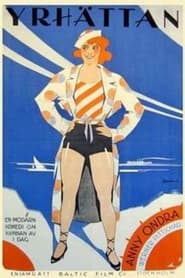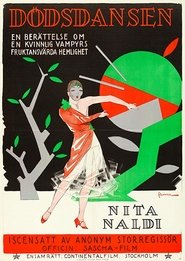detail profile anny ondra
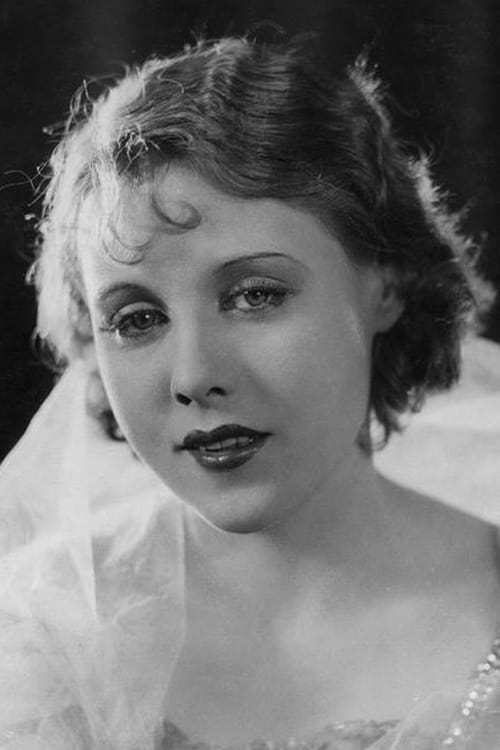
Anny Ondra
Anna Ondráková
atau dikenal sebagai
Riwayat Hidup
Anny Ondra (May 15 1903 – February 28 1987) was a Czech film actress.
She was born Anna Sophie Ondráková in Tarnów, Galicia, Austria–Hungary, now Poland.
She began her career in 1920 and appeared in Czech, German, Austrian, French and English films.
In 1933, she married German boxing champion Max Schmeling.
She died in Hollenstedt near Harburg, Germany.
Description above from the Wikipedia article Anny Ondra, licensed under CC-BY-SA, full list of contributors on Wikipedia.
Info Pribadi
Peran Yang Di Mainkan Anny Ondra
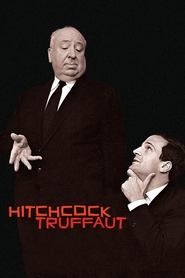 Filmmakers discuss the legacy of Alfred...
Filmmakers discuss the legacy of Alfred...Hitchcock/Truffaut 2015
Filmmakers discuss the legacy of Alfred Hitchcock and the book “Hitchcock/Truffaut” (“Le cinéma selon Hitchcock”), written by François Truffaut and published in 1966.
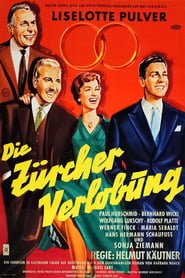 Juliane Thomas is an ambitious but...
Juliane Thomas is an ambitious but...The Zurich Engagement 1957
Juliane Thomas is an ambitious but unemployed young writer. After breaking up with her lover she works at a dentist friend to make ends meet. One day she instantly falls in love with one of the patients (Jean Berner) and promptly writes a movie script about the encounter in which she projects her own fantasies about how things will turn out eventually. By coincidence this movie script is picked up by a film director who happens to be Berner's closest friend and from then on things become very complicated...
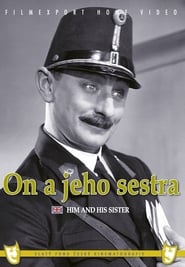 Postman Brabec is a welcome guest...
Postman Brabec is a welcome guest...Him and His Sister 1931
Postman Brabec is a welcome guest of the revue theatre for his sense of humor, and he brings his director Holt letters from female admirers every day. Holt's fans include Brabec's sister Anny. The girl would like to join the theatre, but for the time being works as a maid for the actress Velden. A new revue is being rehearsed, the name of the author is secret. Veldenová will return the role just before the premiere because she doesn't like it. The quick-witted Brabec introduces the director to his sister, who knows all the parts by heart.
 This is a real curiosity at...
This is a real curiosity at...The Great Passion 1930
This is a real curiosity; at best a reasonable film, but also a charming little gem. There is a story (in the line of "A Star is Born"), but this merely serves as an excuse, as it is more importantly a kind of moving encyclopedia of about 35 stars making their debut in a talkie (although some of them had already made one talkie), of the technical sound possibilities and of film making. Besides all that, it is entertaining and sometimes hilarious and it has fine one-liners that split my side. The film is also remarkable for making mock of typical German film genres (like the overly sweet romances involving the military), of too heavy acting and of film making in general. I have to mention this one: a short, hysterically funny parody of "Der blaue Engel". What this film in fact says is: do not take any film too seriously. (J. Steed)
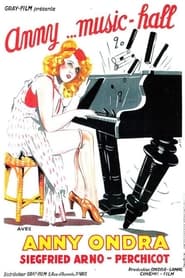 Young Anny returns from school to...
Young Anny returns from school to...Fairground People 1930
Young Anny returns from school to her circus family, which runs a little venue at the town fair. When Anny suddenly has to fill in for one of the artists, her piano-playing not only enthrals the audience, but also theatre agent Horbes. He casts the whole family for the Apollo theatre in Berlin, where Anny quickly raises to stardom and is offered an engagement from the US.
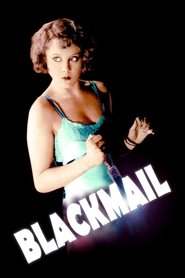 London 1929 Frank Webber a very busy...
London 1929 Frank Webber a very busy...Blackmail 1929
London, 1929. Frank Webber, a very busy Scotland Yard detective, seems to be more interested in his work than in Alice White, his girlfriend. Feeling herself ignored, Alice agrees to go out with an elegant and well-mannered artist who invites her to visit his fancy apartment.
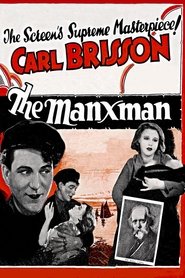 A fisherman and a rising lawyer...
A fisherman and a rising lawyer...The Manxman 1929
A fisherman and a rising lawyer who grew up together as brothers fall in love with the same woman.
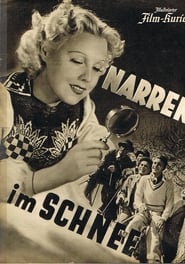
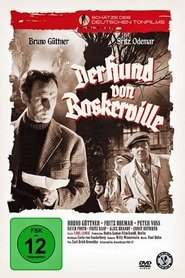 Sherlock Holmes and Dr Watson look...
Sherlock Holmes and Dr Watson look...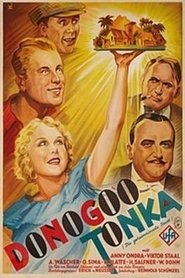 Parisians Josette and Pierre are a...
Parisians Josette and Pierre are a...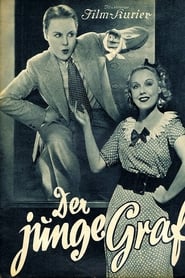 A young woman poses as a...
A young woman poses as a...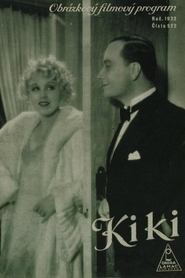 Kiki who has a walkon part...
Kiki who has a walkon part...